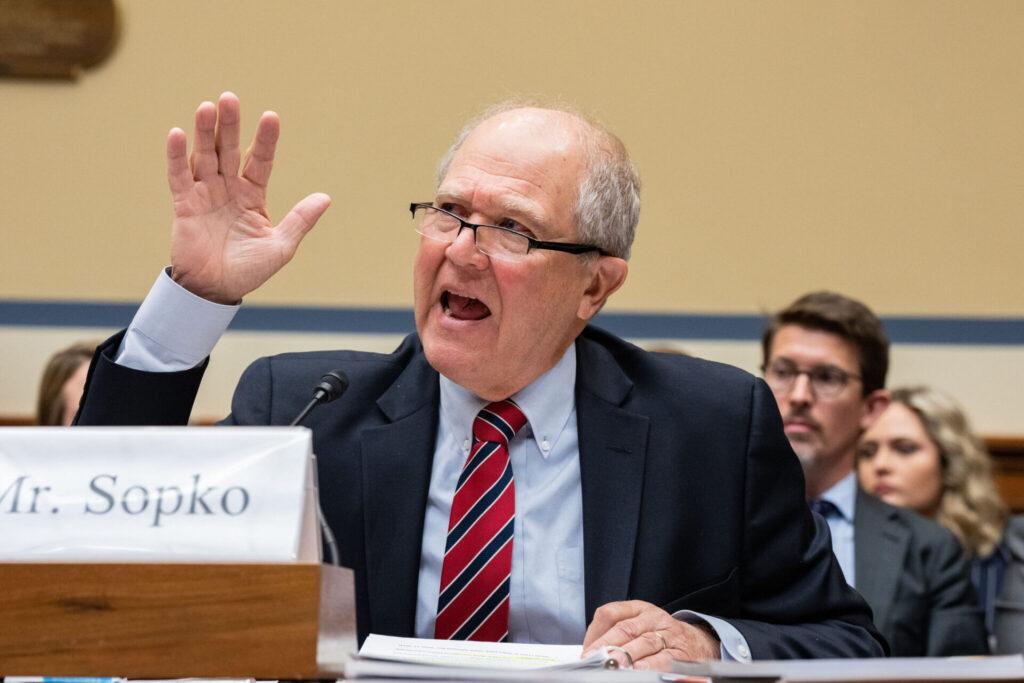In a landscape shadowed by geopolitical shifts and humanitarian challenges, Afghanistan stands as a testament to resilience and concern. The US Special Inspector General for Afghanistan Reconstruction (SIGAR) underscores the pivotal role of the United States as the foremost contributor to Afghanistan’s recovery. With a magnanimous appropriation of over $2.35 billion since the Islamic Emirate takeover in August 2021, the United States continues to cast its support over a nation striving for stability.
The Veil of Interference: Taliban’s Barrier to Aid Access
At the heart of Afghanistan’s reconstruction journey, a critical obstacle emerges – Taliban interference in humanitarian assistance. SIGAR’s quarterly report to the US Congress outlines this stumbling block, revealing that beneficiaries face a Herculean challenge in accessing aid due to Taliban intervention. Disturbingly, the report registers a staggering count of 110 access incidents linked to Taliban interference in April 2023 alone. This underscores the urgency of addressing this issue.
Fading Altruism: Nations Reducing Assistance Amidst Concerns
Economist Mir Shikib Mir voices a resonating concern – the Islamic Emirate’s interference in aid processes. The repercussions are echoing globally as many countries begin scaling down their support to Afghanistan. Reports of Taliban involvement have sparked apprehension, leading nations to rethink their contributions. As Mir succinctly puts it, “The interference of the Taliban in the aid process has been repeatedly reported, and therefore, many countries have reduced their assistance due to the concerns they have.”
Denials and Disputes: Islamic Emirate’s Response
Amidst the allegations, the Islamic Emirate denies any form of interference in distributing aid to vulnerable populations. Abdul Latif Nazari, Deputy Minister of Economy, vehemently counters the SIGAR report. According to Nazari, the Islamic Emirate exercises accurate monitoring in the distribution of assistance throughout Afghanistan, vehemently countering claims of intervention.
The Unveiling of Financial Complexities: Central Bank’s State
SIGAR’s scrutiny extends to Afghanistan’s central financial institution, Da Afghanistan Bank (DAB). A third-party assessment exposes concerning realities – DAB’s independence from the Taliban regime is questionable. Deficiencies in anti-money laundering and countering terrorism financing further accentuate the challenges. Intriguingly, the report highlights the transfer of assets from DAB in the United States to the Afghan Fund, a Swiss charitable entity. The report underscores the prerequisite for DAB to demonstrate independence and proficiency in countering illicit financing before fund restitution can be contemplated.
Clashing Perspectives: Independence of Da Afghanistan Bank
Ahmad Jawas Sadad, head of the Central Bank’s Monetary Policy, offers a rebuttal to SIGAR’s assertion of DAB’s lack of independence. He asserts that the central bank operates autonomously, with no government interference in its financial affairs. Amidst complex evaluations, the assertion of DAB’s independence remains a subject of contention.
Widening Ripples: US Department of State’s Perspective
The tumultuous narrative of interference in humanitarian aid resonates even beyond Afghanistan’s borders. The US Department of State adds its voice to the discourse, reiterating concerns about Islamic Emirate’s involvement in the aid process. This external perspective further contributes to the nuanced discussion surrounding aid distribution in Afghanistan.
Conclusion: A Tapestry of Concerns and Hopes
In the intricate tapestry of Afghanistan’s reconstruction, concerns over Taliban interference cast a shadow. While the Islamic Emirate denies any involvement, the geopolitical landscape remains rife with complexities. The international community’s engagement, alongside Afghanistan’s efforts, is crucial in navigating this multifaceted terrain. The path forward must embrace transparency, accountability, and collaboration, resonating with the common goal of a stable and resilient Afghanistan.


